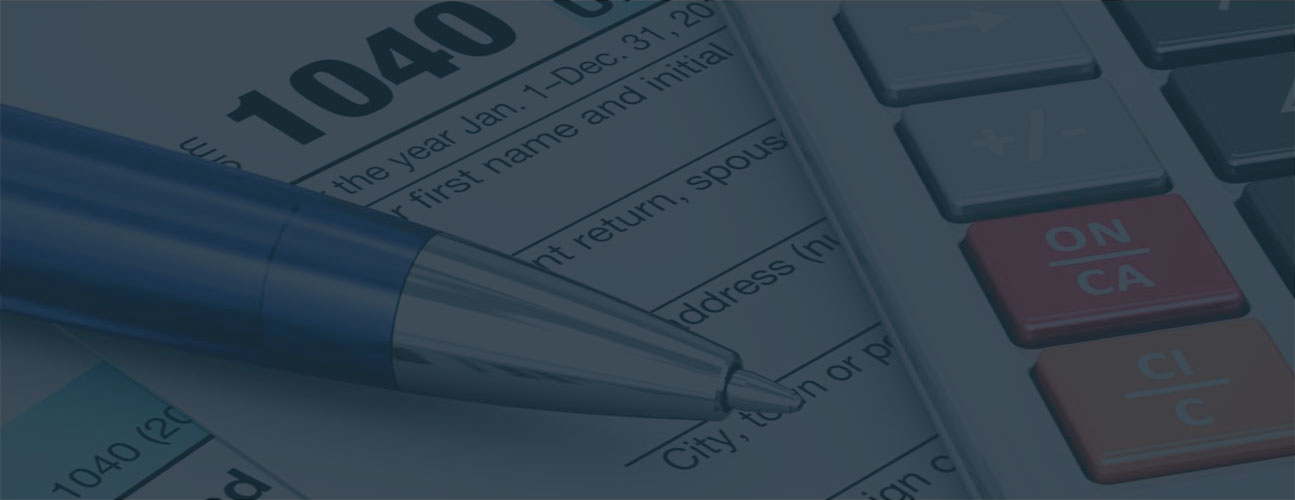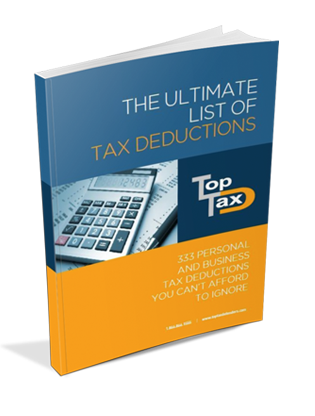Are you a small business owner who owes back payroll taxes because you have not withheld taxes from your employees' paychecks? Do you simply need payroll tax help? Even if the IRS does not immediately contact you regarding a failure to properly pay taxes, you can be sure that they will notice you have not remitted payroll tax payments and you may end up facing serious consequences.
What Are Payroll Taxes?
Every business must remit payroll taxes to the IRS quarterly, after withholding the taxes from every paycheck. Tax payments are due in March, June, September, and December. As a business owner, you are responsible for determining the appropriate amounts of federal income tax, Medicare, and social security tax to withhold from employee paychecks.
The federal government assesses payroll taxes and goes after back payroll taxes, enforcing compliance through the IRS. Payroll tax is the money an employer must withhold from employee wages and includes contributions to Social Security, Medicare, and unemployment insurance.
>>Click Here to Learn More Payroll Taxes and Who Pays Them
What Are My Payroll Tax Responsibilities as an Employer?
If you own a business and have W-2 employees, you have some tax responsibilities related to your employees and your business. You must:
- Withhold payroll taxes from your employees for the appropriate income tax amount with the correct deductions for federal and state income tax
- Deduct FICA
- Remit federal and state unemployment taxes
- Submit quarterly tax statements
Depending on the size of your business, you may be required to remit payroll taxes directly after withholding them. With a little planning, you can avoid penalties for non-payment of payroll taxes.
>>Click Here to Learn More About Payroll Taxes for Small Businesses
Non-Payment of Personal Tax vs. Back Payroll Taxes
If you don’t pay your personal income tax, you can be charged with tax evasion, failure to file, and failure to pay. You wind up paying penalties and interest based on your tax debt balance.
If you don’t withhold or remit payroll taxes, you can be hit with all kinds of penalties for back payroll taxes such as failure to file, failure to pay, and interest as well, but you may also receive harsher punishment. You may owe higher penalties and substantial amounts of money on your back payroll taxes, for which the IRS can take your personal property, bank accounts, and other assets to pay.
FYI, you cannot discharge payroll tax penalties with bankruptcy. Owners, partners, and corporate officers are all held personally liable for unpaid payroll taxes, including consequences such as:
- You may be imprisoned.
- You face significant fines, including penalty assessments up to 33% of what you owe.
- You may lose your business in an IRS sale to pay back payroll taxes.
If you have business partners or corporate officers, they face the same penalties.
>>Click Here to Learn What Happens If You Don't Pay Payroll Taxes

Resolution Strategies
If you're facing issues with back payroll taxes, there are several things you can do to resolve your unpaid payroll taxes before things become really bad.
For starters, you should definitely get current on all your past tax returns and make up any current payroll tax deposits. File Form 433-B to allow you to provide details about your business income, assets, expenses, and debts. Then provide documentation including bank statements, profit and loss statements, monthly bills, and accounts receivable with aging reports.
After you do all that, request in writing an installment agreement with the IRS to allow you to pay down the rest of your payroll tax debt, penalties, and interest. If you cannot pay the total amount, even over time, you can apply for an offer in compromise or short-term deferral of your payroll tax debt.
Be sure to follow all IRS deadlines, or any payment plans or agreements may be revoked.
>>Click Here to Learn How to Resolve Unpaid Payroll Taxes
Payroll Tax Help
As with failure to pay individual taxes, failure to pay payroll taxes will result in penalties, interest on back taxes, and having to deal with IRS collections. Failing to pay payroll taxes on a quarterly basis can mean large penalties, even if you are withholding the taxes appropriately and were planning to make an annual payment. Penalties quickly add up, making it more difficult to catch up with back tax payments.
Whether you have or have not been contacted by the IRS, don't wait to bring your taxes up to date. Schedule a free consultation with Top Tax Defenders' experienced team today.
>>Click Here to Read Real-Life Success Stories from Our Clients







